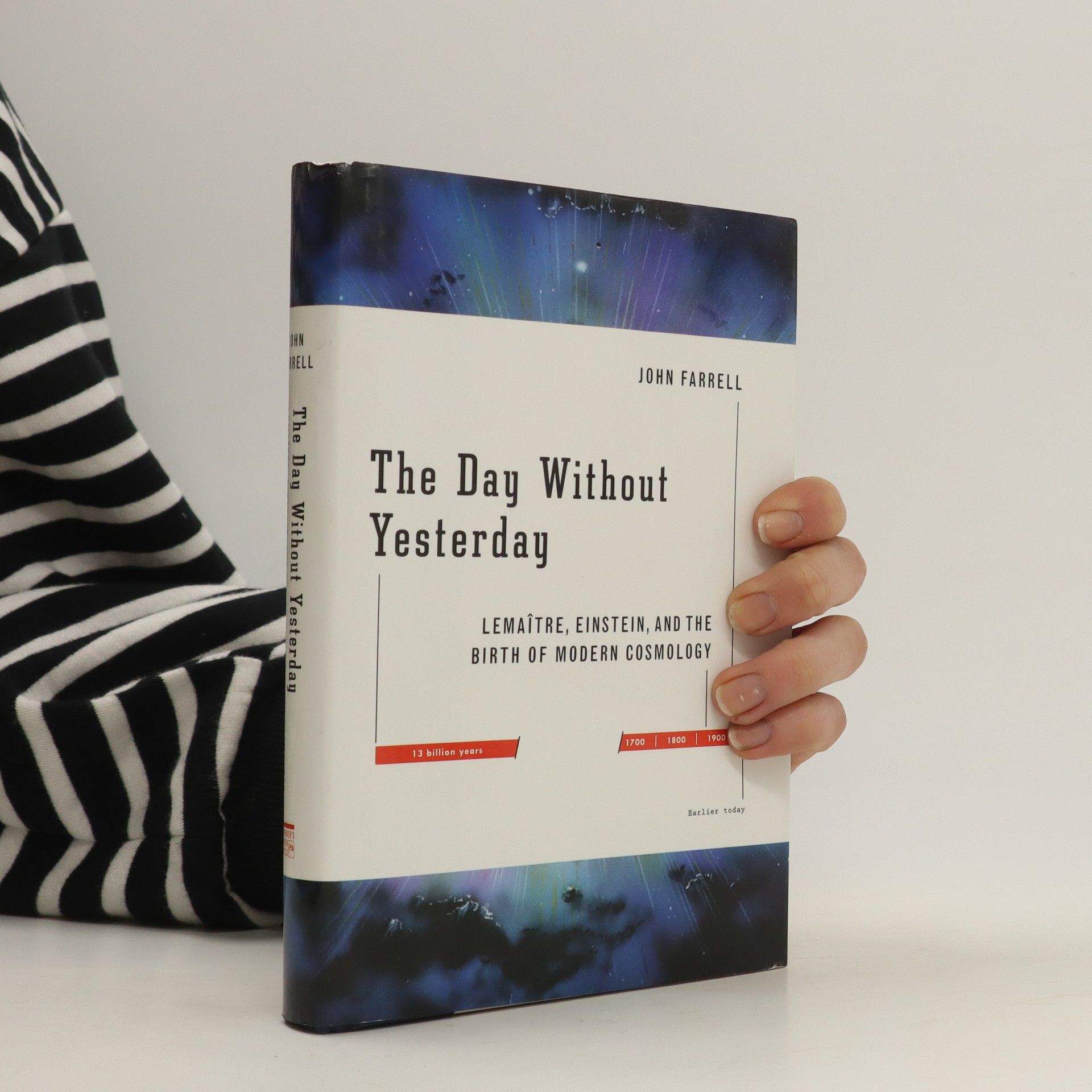The day without yesterday : Lemaître, Einstein, and the birth of modern cosmology
- 262bladzijden
- 10 uur lezen
A portrait of the founder of modern cosmology traces Georges Lematre's efforts to decipher the nature of the cosmos, his Einstein-rejected model of an expanding universe, and his pivotal contribution to the understanding of the cosmos's origins.

